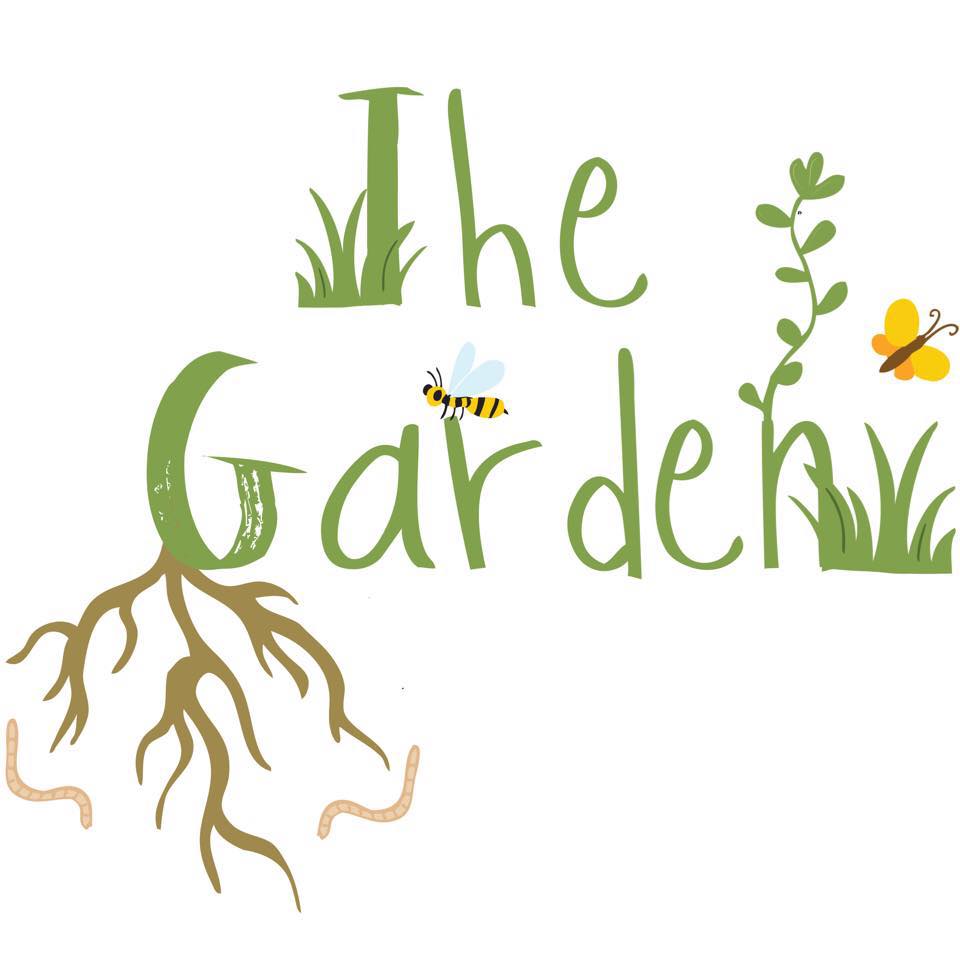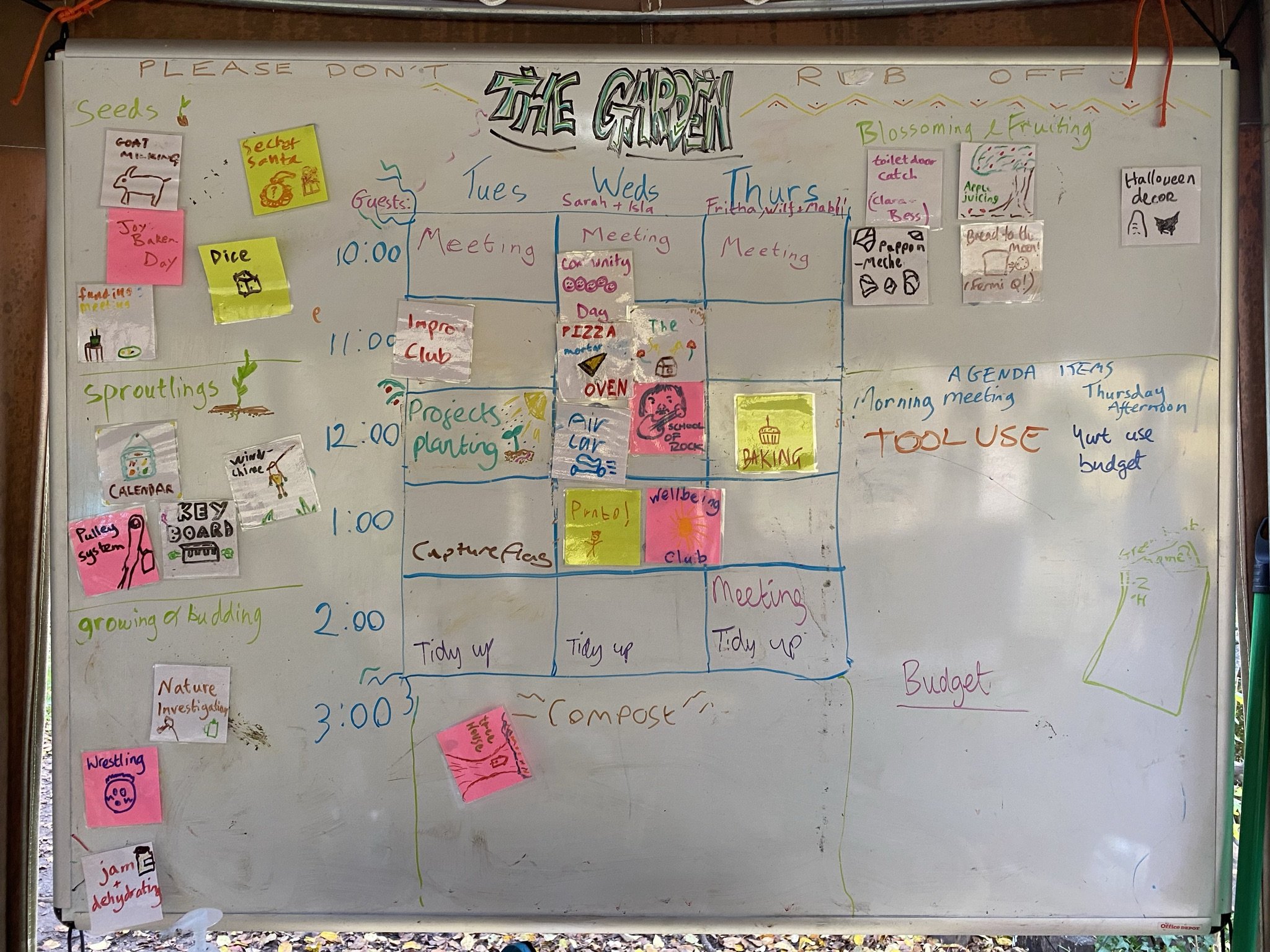The Garden has always been and intends to remain a three day commitment. This post explains why this isn’t an accident but a carefully considered choice.
Sometimes people ask us when we will move to five days but this is easy to answer: never! The five day week is part of the web of problems we’re trying to address (but that’s another post!) and also legally it isn’t possible to do this without becoming a school. If we were to become a school, we wouldn’t be able to operate under our ethos.
We’ve often also been asked to consider one or two day places but three is our minimum for some very good reasons.
The Garden grew out of a great love and respect for the home education community in Bristol, though there were aspects I struggled with. While there were and are a great many activities for learning and socialising that it wouldn’t have been possible to do anywhere near all of them, it felt more transient than I had hoped. The reliance on a car bothered me and the approach to conflict even more so. The sheer volume of home education choice in our city provided ample opportunities to avoid people if there had been a disagreement.
When we were starting out, The Garden was lucky to receive some wisdom from lifelong democratic educator Albert Lamb, who at that time was working at the now defunct A Place To Grow in Stroud, which was a huge inspiration to us. Albert told us that, in his experience, three consecutive days was the minimum to feel like a community and to get stuck into ongoing projects. Any fewer became more like a drop in activity or social and the level of commitment dropped off significantly.
Though I was initially skeptical of this, over the last eight years I have seen what happens when anyone isn’t able to join consistently for the full three days. They aren’t able to get into the flow of projects as everyone else is and collaboration tends to be minimal for practical reasons.
They also appear somewhat removed and apart from the rest of the group as discussions move on in their absence. Issues are much more likely to go unaddressed, partly because there’s less time for a process but also because more space in between allows people to paint over the cracks and pretend everything is fine.
I wanted to create a space where young people could collaborate on in-depth, ongoing, interest-led projects and truly build and maintain community. Where they couldn’t simply avoid the difficult conversations but learn to brave them and develop the skills for great relationships.
Artemis D Bear
Founder and director of The Garden












